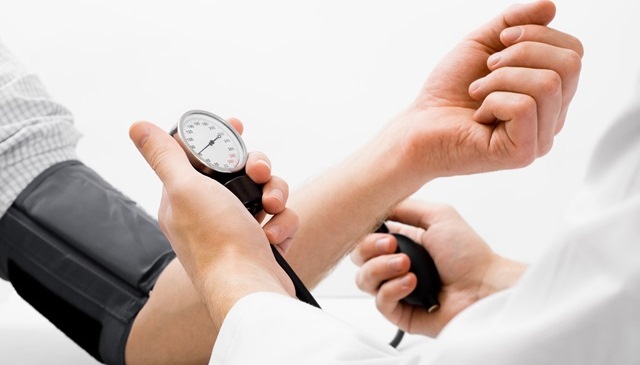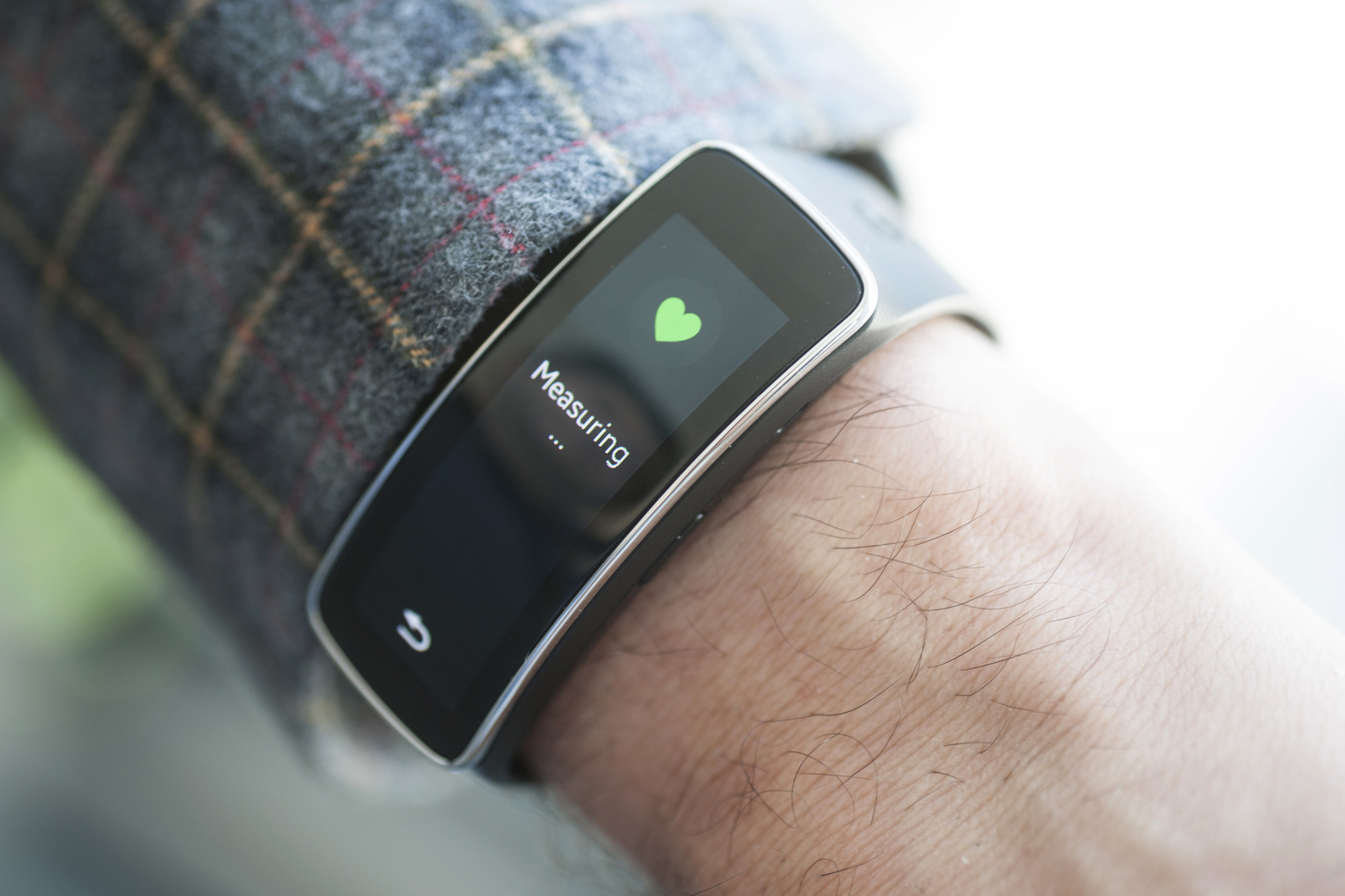Contents
Why is blood pressure important?
Most people have had their blood pressure taken at some point in their life.
Though physicians tend to make a great deal of interest in it, do we know what this key indicator of health is, and why having a healthy blood pressure is essential?
What is healthy blood pressure?
Used as a measure of general health and as a way to spot underlying medical conditions, your blood pressure is a medical term for how efficiently your heart is working.
The measurement is taken in two readings; systolic pressure and diastolic pressure.
Systolic pressure is a measure of the force with which your heart is pumping blood around your body with diastolic referring to the resting pressure between heartbeats.
Measurements are taken using a gadget called a sphygmomanometer and are recorded in mm/Hg.
The two readings are expressed as systolic over diastolic. A healthy heart performs within a range of 90/60mm/Hg to 120/80mm/Hg.
Why it is important?

If it is an indication of your overall heart health, then it goes without saying that having high blood pressure (hypertension) can be a big problem.
If your heart is working within what is considered to be a healthy range, then you are judged to be at less risk of developing severe medical conditions, including coronary heart disease.
Blood pressure is also an early way of detecting other health complaints and conditions. Left untreated, hypertension can lead to kidney disease, increase the likelihood of a stroke and arterial problems.
It can also have a negative impact on your eyesight and is thought to be linked to vascular dementia.
Monitoring

Most of us don’t know about healthy blood pressure unless we visit a physician; sphygmomanometers aren’t generally on the grocery list!
However, it is easier than you’d think to keep a regular check on your own blood pressure. The As Seen on TV Store has a wrist device available that can quickly calculate your systolic and diastolic blood pressure.
Other options include arm cuffs like those you see when you visit a doctor or even devices that work using just your finger.
Whatever gadget you use, you should monitor it regularly, and keep an accurate record of your results.
It is also essential that you ensure your results are not affected by external factors.
Before taking your blood pressure, you should:
- Wear loose-fitting clothes, particularly around the arm on which you are taking your reading. Restricted blood flow can affect the readings.
- Be comfortably warm. The cold can increase your blood pressure while being too hot can reduce it.
- Be in a state of rest. Exercise will increase your heart rate and will not result in an accurate measurement of your blood pressure. Likewise, stress can also affect the readings so try to relax before you put the monitor on.
- Avoid caffeine. Coffee, tea and sugary drinks that are high in caffeine can all produce a short-term spike in your blood pressure.
- Have an empty bladder.
Ways to keep it healthy

High pressure indicates that your arteries are narrow which is restricting the normal flow of blood circulating your body.
These critical muscular tubes can become clogged due to a build-up of fats, cholesterol, and other substances. Over time, these can form plaque that can harden and, eventually, block the artery.
Fortunately, there are ways to reduce the buildup of deposits in your vascular system and even reverse the damage that an unhealthy lifestyle and diet has caused.
There are many factors that can lead to clogged arteries, but some are more important than others when it comes to your blood pressure.
Smoking is one of the most significant factors and quitting smoking is one of the best lifestyle changes you can make to improve your blood pressure.
Being overweight is also a major contributory factor for hypertension. As well as the buildup in the arteries, extra weight can also cause sleep apnea, which can further increase your blood pressure.
Generally speaking, men whose waistline is higher than 40” (102cm) and women with a waist of 35” (89cm) or more should consider losing weight.
Healthy BP starts with a healthy diet and cutting out saturated fats, salt, and foods with high cholesterol content will all help.
In moderation, alcohol can be good for you, but if you consume too much, it can be very damaging. As well as increasing your weight, excess alcohol raises your blood pressure. Caffeine has the same effect.
Lastly, chronic stress plays a role so take some time to consider your lifestyle and introduce some ways to reduce the impact of any stress in your life.
Health is not valued until you are unwell, and it plays a vital role in giving you the early warning you need to make positive changes.
Investing in a way to monitor yours could well prove to be the best decision you will ever make.

